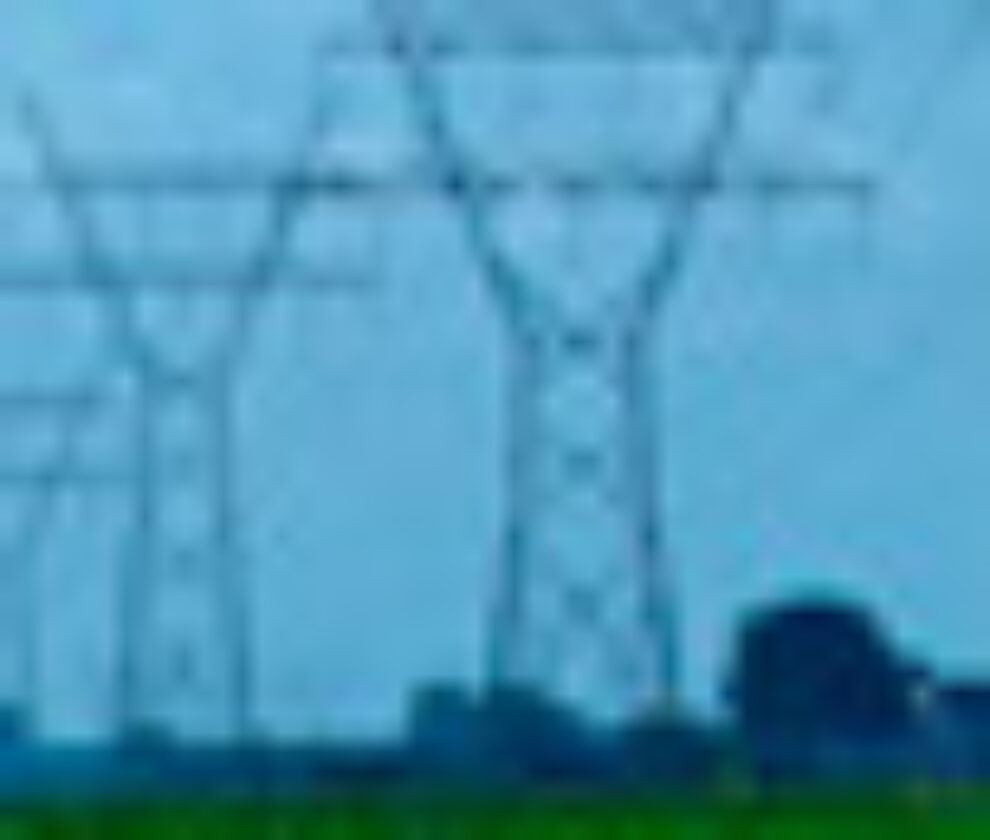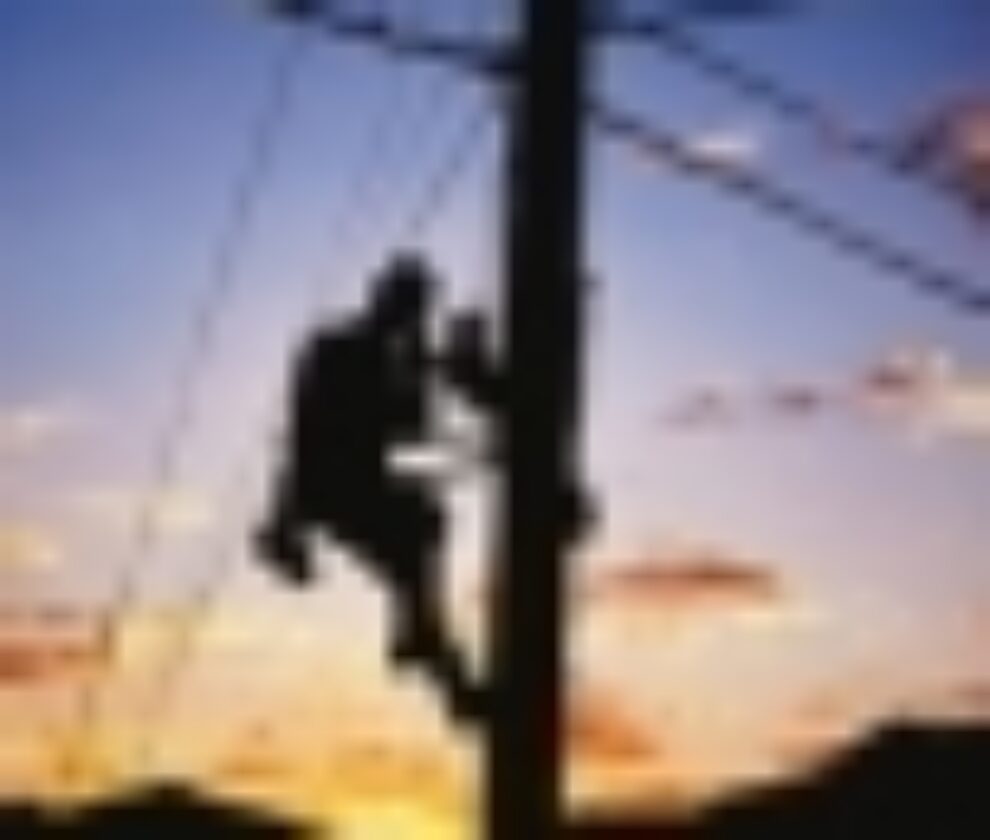A new report released today by WIRES (Working Group for Investment in Reliable and Economic electric Systems), in conjunction with the Brattle Group, outlines the economic benefits to increased investment in transmission infrastructure projects in the United States and Canada.
The analysis finds that needed investments in the U.S. electric grid could reach $12-$16 billion annually (C$5 billion annually in Canada) between 2010 and 2030, and spur an additional $30-$40 billion in annual economic activity. This investment would create 150,000-200,000 new full-time jobs over in each of the next 20 years, as well as 20,000-50,000 jobs in Canada. In addition, building these transmission lines would unlock location-constrained renewable energy, creating an additional 130,000-250,000 jobs in the renewable energy industry.
The report can be found here.
“This report provides strong evidence that meeting the grid’s challenges – including delivery of power from remote renewable generation to load centers far away – is good for the economy and will help create jobs,” said WIRES President Jolly Hayden, Vice President of Transmission Development at NextEra Energy Resources. “Strengthening the transmission grid will also address major reliability issues, reduce production costs, enhance competition for customers in wholesale power markets, contribute to fuel diversity, and help reduce wholesale power prices. Brattle’s analysis should give policy makers confidence that the benefits will exceed the costs.”
However, a number of policy barriers must be overcome before these benefits are realized, including how to pay for, plan, and permit new transmission lines. According to Jolly Hayden, “We are not looking to government to do anything but take a fresh look at how the grid is planned, permitted, and paid for today under procedures that pre-date the emergence of modern electric generation technology and regional power markets. Although transmission investment is on the rise, there is plenty of evidence that good projects are falling victim to duplication and delay, lack of regional coordination, and parochial interests. That means the economy suffers too. If regulatory risk can be diminished, private capital will do the rest. Today, many utilities, developers, and technology firms are trying — often in vain — to participate in strengthening our energy infrastructure.”
To download the WIRES analysis, click here.
11 May




